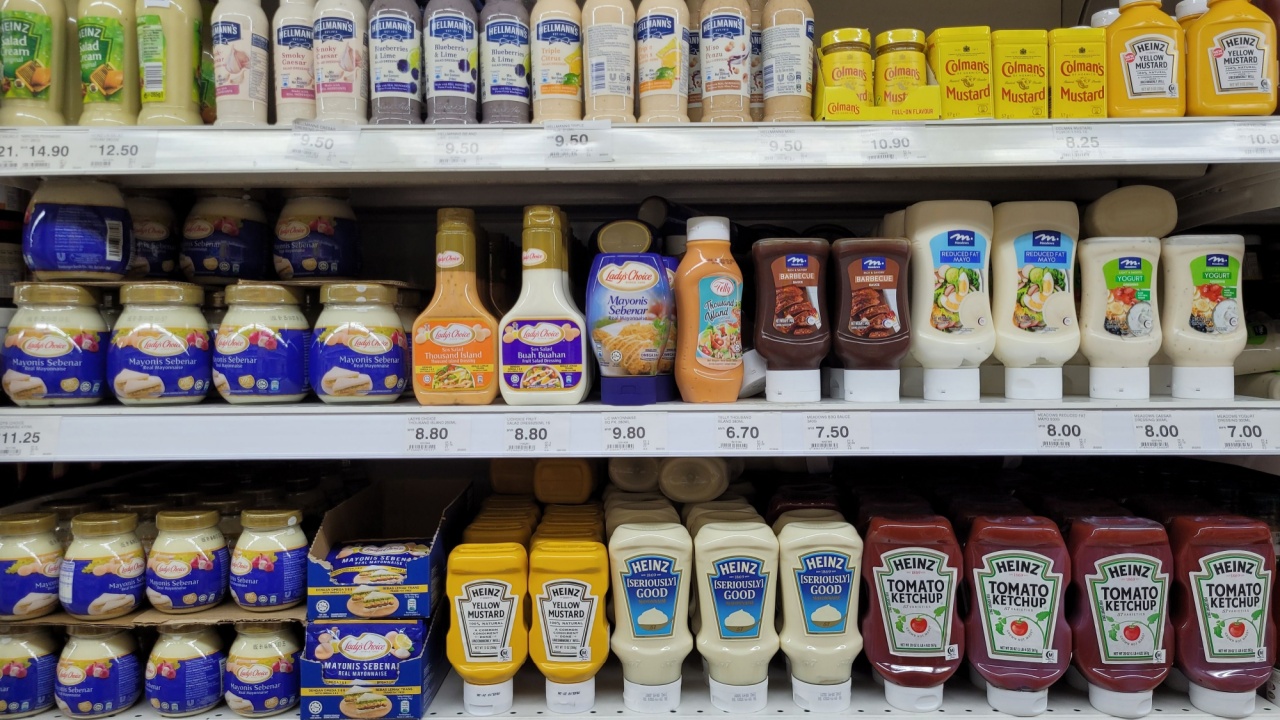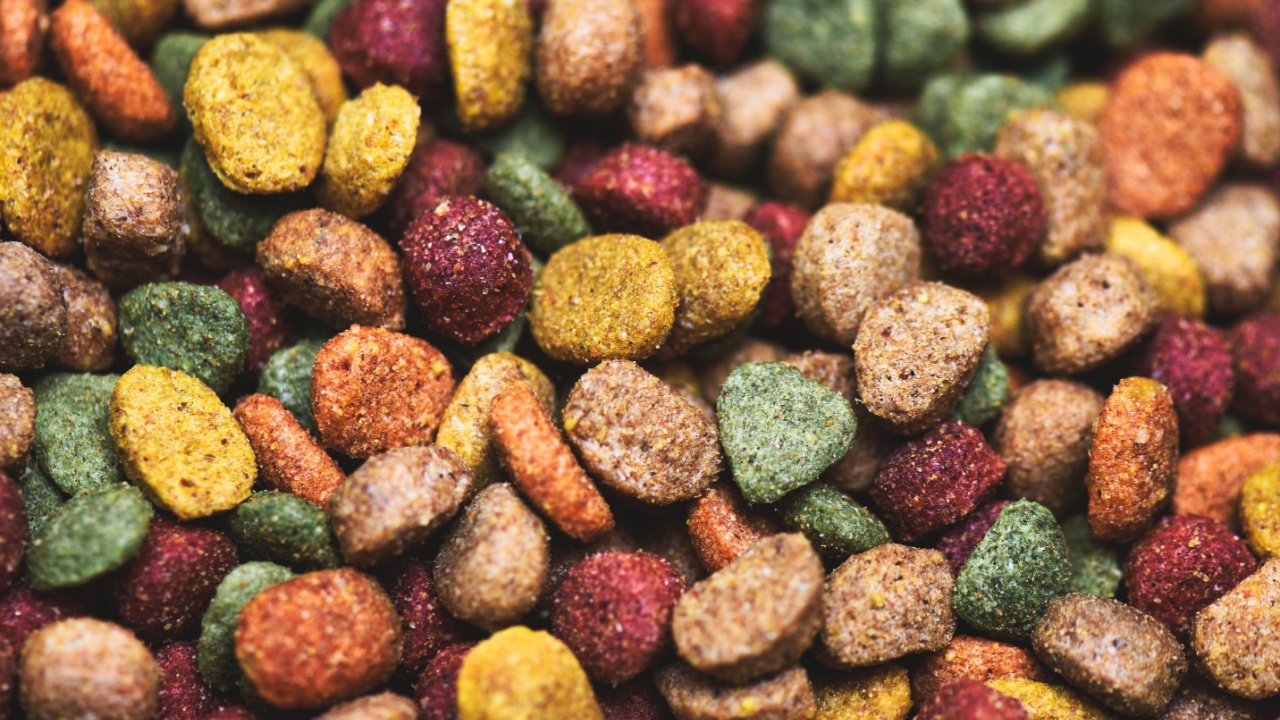As we all adjust to the shifting economic landscape, bulk shopping has become increasingly popular. Yet, not all bulk purchases offer the same value. In fact, buying some items in large quantities can be a waste of both money and space. So, how do you discern the good deals from the bad?This list is based on real-world trends, data, and expert opinion. We've examined market reports, consumer surveys, and advice from grocery insiders. Expect to find a selection of items that are currently not worth buying in bulk, along with the reasons why these deals are less than they seem.
1. Fresh Produce

Want to Save This Recipe?
Enter your email & I'll send it to your inbox. Plus, get great new recipes from me every week!
By submitting this form, you consent to receive emails from Walking on Sunshine Recipes.
Fresh fruits and vegetables are a staple of any healthy diet, and it’s tempting to stock up when you see a good price. The problem? Produce has a limited shelf life, which means bulk buys often lead to waste. Spoiled fruits and wilted greens end up costing more in the long run, no matter how cheap they seemed at checkout.
2. Spices

Spices are pantry essentials, but their shelf life is shorter than most shoppers realize. After about six months to a year, many spices lose their aroma and flavor. That giant container of paprika or cinnamon may seem like a deal, but unless you cook with it often, much of it will end up stale and ineffective.
3. Sunscreen

Sunscreen has an expiration date, and its effectiveness decreases over time. Stockpiling bottles for future summers often leads to expired, less-protective lotion sitting in your cabinet. When it comes to sun protection, fresher is always safer, so buy only what you’ll realistically use in one season.
4. Cooking Oil

Cooking oils, especially those with healthy unsaturated fats, can go rancid if left too long. While a jumbo jug looks cost-efficient, most households don’t go through oil fast enough to finish it at peak freshness. Smaller bottles are usually the smarter buy for taste and nutrition.
5. Whole Grains

Whole grains like oats, barley, and wheat berries contain natural oils that eventually spoil. While they last longer than fresh produce, they don’t keep indefinitely. Buying only what you’ll use within a few months ensures better flavor and less waste.
6. Skincare Products

Skincare formulas, especially those with active ingredients like retinol or vitamin C, break down over time. Stocking up in bulk may save money upfront, but much of the product may lose its potency before you can use it. Smaller, fresher bottles are a better investment for your skin.
7. Nut Butters

Nut butters like peanut or almond spread are rich in oils that eventually turn rancid. An oversized tub might look like a bargain, but once opened, it should be eaten within a few months. Unless you eat nut butter daily, smaller jars keep flavor and freshness intact.
8. Condiments

Condiments like ketchup, mustard, and salad dressings have expiration dates, and their flavor declines once opened. Buying oversized bottles often means they sit half-full in the fridge until they’re thrown away. Smaller bottles are a smarter choice unless you go through them quickly.
9. Brown Rice

Brown rice contains natural oils that spoil faster than white rice, giving it a shelf life of only six to eight months. That bulk bag may seem cost-effective, but unless your household eats rice often, much of it could go to waste before you finish it.
10. Pet Food

Pet food, like human food, has a freshness window. Once a bag is opened, it’s best used within a few weeks. Buying in bulk may seem efficient, but for households with only one or two pets, smaller bags keep your furry friends’ meals fresher and safer.


Comments
No Comments